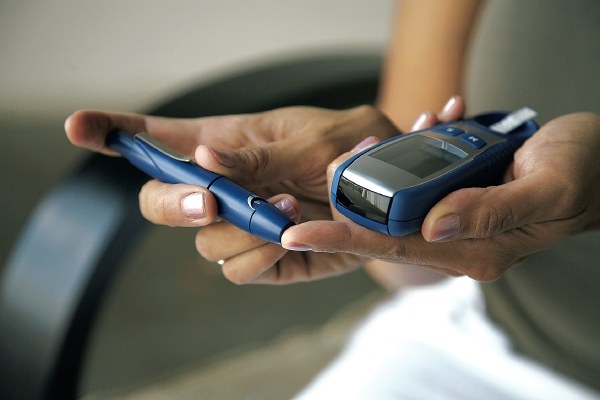Low blood sugar
It is considered that the level of sugar in the blood must continue to follow the diabetes which, in principle, right. The body of a diabetic a hard time adjusting to the fluctuations of glucose levels, and often the sugar levels can reach critical numbers. Many patients know about this particular disease and keep ready the first means of instant help – sweetness or sugar. But there are times when perfectly healthy people suffer from gipoglikemii. Why is this happening?
Causes of gipokaliemii
1. A limited diet. Overly strict diet quickly depletes the internal stores of carbohydrates, which supply energy for the body.
2. Rare meals. With the arrival of food the body is enriched with carbohydrates which are quite quickly broken down. Part of the carbohydrate is converted into energy and the other is utilized. Therefore, if the break between meals leaves about 8 hours, it is likely that the increased sugar will drop to low.
3. A heavy physical workload. Even with a great diet sugar levels may decrease if the person is active in sports. When this occurs a lack of energy because the body uses carbohydrates more than it consumes.
4. Inflated number in the diet of sweets. Foods that contain a lot of sugar (all kinds of chocolate, candy, desserts, alcohol, sweet gazvoda) force to rapidly increase the glucose levels, but soon after taking the dessert, the sugar level decreases rapidly.
Signs of hypoglemia
Sometimes gipoksemia is observed only in the morning hours and results in drowsiness, irritability and weakness. If at this time to measure sugar levels, then surely the meter will show less than 3.3 mmol/L. In this case to normalize the healthy person has enough to eat and the unpleasant symptoms will disappear.
Found the response to hypoglycaemia in which the rate of sugar in the blood decreases immediately after a meal. The presence of a response of hypoglycemia can talk about the prerequisites to diabetes mellitus. By reducing blood sugar it is important not to miss the following symptoms: weakness, fatigue, chills, hand tremor, hot flashes, dizziness, sweating, heaviness in the legs, hunger, darkening of the eyes.
In this case, it is necessary to measure sugar level and the indication of up to 3 mmol/l, you need to quickly make food, preferably rich in carbohydrates, otherwise the condition can worsen.
